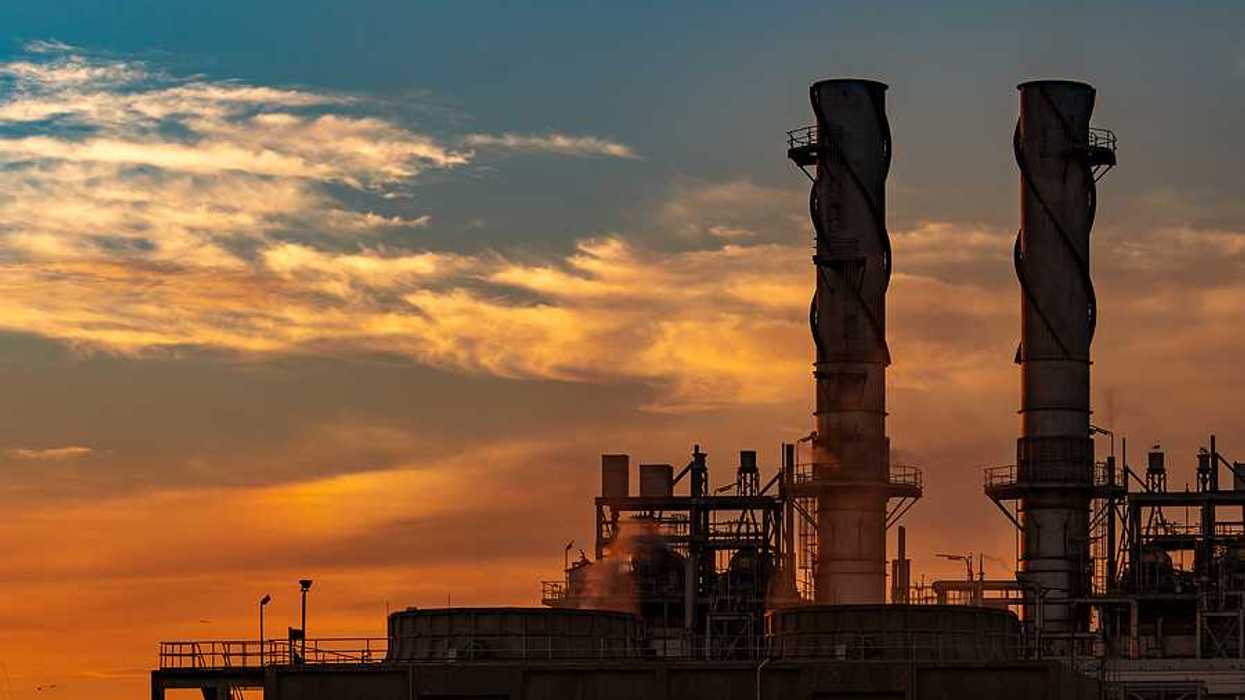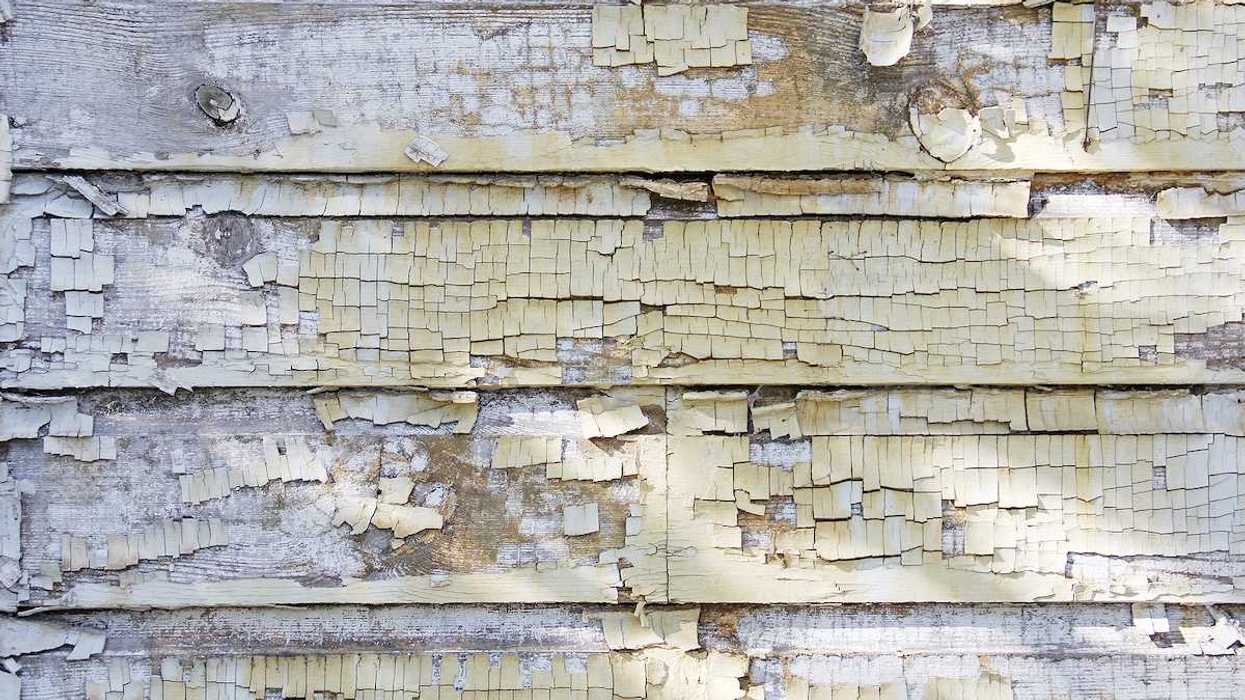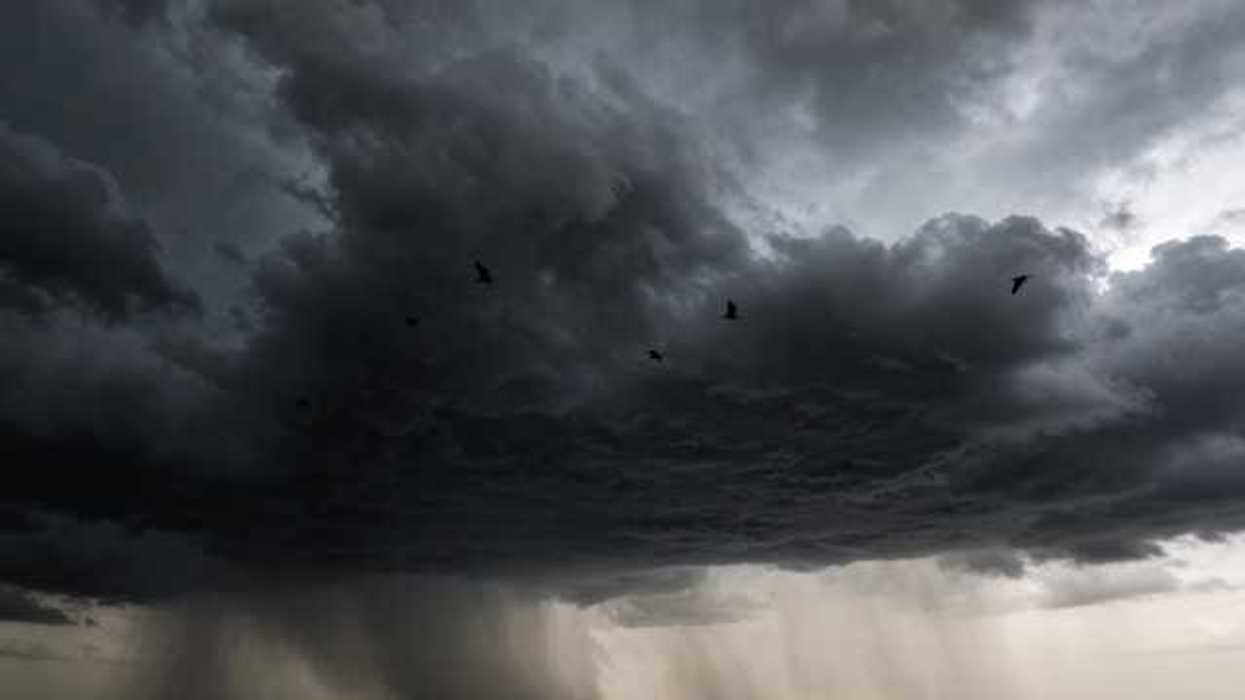PITTSBURGH—Residents from eight communities surrounding the Clairton Coke Works gathered alongside environmental advocates in Clairton on Wednesday to share their concerns about the health impacts of a recent influx in air pollution resulting from an accident at the plant nearly a month ago.
"We have a lot of people in the community saying 'well, if you were a good mom you would just move to make a healthier life for your son,'" said Clairton resident Collette Williams, who spoke with EHN about her thirteen-year-old son's severe asthma last summer. "But we can't just pick up and leave. I don't have the means to pick up my family and move them and find a new job and find a new house."
On Christmas Eve, U.S. Steel employees spent five hours putting out a fire following a 4 a.m. explosion at the plant, which has a long history of Clean Air Act violations. No one was injured in the blaze, but the equipment that removes sulfur dioxide from emissions was damaged. As a result, local air monitors detected levels of sulfur dioxide in the region that exceeded legal limits six times.
Collette Williams urges health officials to take action on Clairton pollution.
On January 9—16 days after the fire—the Allegheny County Health Department issued an advisory to residents of 22 Pittsburgh-area neighborhoods urging them to limit outdoor activity because of the dangerous levels of sulfur dioxide pollution.
Sulfur dioxide exposure can cause respiratory distress and other symptoms, and poses an elevated level of risk to children, the elderly, and people with asthma, COPD and heart disease. On January 14, a local pediatrician discovered that kids with asthma who live near the plant—including Williams' son, Savaughn—were experiencing an increase in asthma attacks and a decrease in lung function following the fire.
"My son is having breathing problems right now," Williams said. "But I can't move to a nearby community in the surrounding area because 22 communities are affected by this. That means I'd have to move to a different state. I don't know anyone in a different state."

In the weeks after the fire, after facing criticism for making important public health announcements via Facebook, the Health Department announced that they'd begin using the Allegheny Alert system, which allows residents to subscribe to receive emergency and public health alerts for their neighborhood via text, email, or phone.
Since then, they've used the system to issue regular updates about the state of the air, regularly warning residents to stay inside due to the potential for high levels of air pollution. One of those warnings was issued for Wednesday, the day of the press conference, when a heavy fog lingered over Pittsburgh.




"As an elected representative, I found out about this the same way everyone else did," State Representative Summer Lee said. "I was sitting on Facebook one day when I read that we cannot go outside because of air pollution. And they said this as if this was just par for the course. As if we should be used to living this way. This is not natural, and it's not fair."
In June, the Health Department fined U.S. Steel $1 million for violating clean air regulations and ordered them to upgrade equipment at Clairton Coke Works in order to contain fugitive emissions—a requirement the company is currently fighting in court. In October, the Health Department fined the company another $620,000 for failing to comply with county emissions rules.
Residents and elected officials also voiced their concerns during a meeting at Clairton City Hall on Tuesday, which was attended by representatives of the Health Department and U.S. Steel. The Health Department also intends to participate in an upcoming hearing with State Senators Jim Brewster and Jay Costa and state Rep. Austin Davis, who issued a joint statement urging health officials to take further action following the fire and demanding to know why they waited so long to inform the public.

In a press statement January 23, the Health Department announced that they intend to place additional sulfur dioxide monitors near the plant, including one at the Clairton Education Center, and in an area near U.S. Steel's Irvin Works, stating that U.S. Steel is paying for these monitors. They also said that they've seen no increase in emergency room visits for respiratory problems since the fire.
"The Health Department is looking at ER admissions for evidence that this air pollution is making people sick," said Ned Ketyer, a pediatrician who serves on the American Academy of Pediatrics Council for Environmental Health. "That's the wrong place to be looking. In fact most people with chronic respiratory conditions treat their own exacerbations at home."
A community member in the audience added that most of his neighbors can't afford an emergency room visit and would avoid going unless they believed the situation was life-threatening.
Matt Mehalik, executive director of the Breathe Project, a coalition of 24 environmental organizations, called on the Health Department to keep the plant's history in mind. "They need to stop treating this like an episodic pollution event resulting in isolated emissions," he said, "rather than the systemic problem it is."
The crowd gathered in Clairton called for the Allegheny County Health Department to order U.S. Steel to pause operations until its pollution control operations can be brought back online by putting the coke batteries into "hot idle"—keeping them hot but not burning any coal in them. The plant's operating permit states that they may be required to put coke batteries into hot idle if pollution controls aren't functioning properly.
Mehalik pointed out that a coke battery in New York was recently shut down by state regulators because of repeated Clean Air Act violations, while Lee reiterated that they're not expecting similar action in Clairton.
"What we're asking for is not unreasonable," said State Rep. Summer Lee. "We're not asking them to shut it down. We're still making concessions even though we're dying."
















